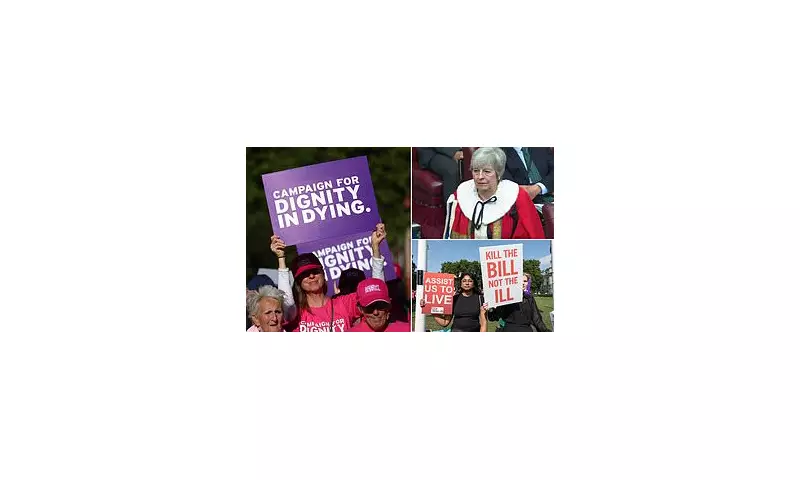
The corridors of power in Westminster echoed with one of the most profound ethical debates of our time today, as the House of Lords commenced a historic second reading of the Assisted Dying Bill. Introduced by crossbench peer Baroness Molly Meacher, the proposed legislation seeks to fundamentally alter the UK's approach to end-of-life choices for terminally ill adults.
The bill, if passed, would grant individuals with a prognosis of six months or less to live the legal right to seek medical assistance to end their lives. This would mark a dramatic shift from the current legal framework, established by the 1961 Suicide Act, which criminalises such assistance.
A Framework of Safeguards
Central to Baroness Meacher's proposal is a stringent set of safeguards designed to prevent coercion and ensure the decision is made voluntarily. The process would require:
- Two independent doctors to confirm the patient's diagnosis and mental capacity to make the decision.
- High Court approval for each individual case, acting as a final judicial check.
- A mandatory cooling-off period, ensuring the patient has time to reflect on their choice.
Proponents of the bill argue that it is a matter of compassion and personal autonomy, offering a dignified end to those suffering from unbearable pain. They point to countries like Canada, where similar laws are already in operation, as a successful model.
The Opposition's Stance
However, the debate is fiercely contested. A significant coalition of MPs, medical professionals, and religious leaders vehemently oppose the move. Their concerns are multifaceted, focusing on:
- The potential for vulnerable individuals to feel pressured into ending their lives.
- Shifting the core ethos of medical practice from 'do no harm' to facilitating death.
- The possibility of diagnostic errors or the prospect of people ending their lives during a temporary period of depression.
Critics warn that legalisation could create a 'slippery slope', eventually expanding the criteria beyond the terminally ill.
A Matter of Public and Parliamentary Conscience
The issue transcends traditional party politics, with MPs and peers expected to be granted a free vote, allowing them to follow their conscience rather than party lines. This reflects the deeply personal and moral nature of the question at hand.
Today's debate in the Lords is merely the first parliamentary hurdle. Even if successful, the bill faces a formidable path through committee stages and a subsequent battle in the House of Commons, where previous attempts have foundered. The nation now watches closely as lawmakers grapple with this defining ethical frontier.





